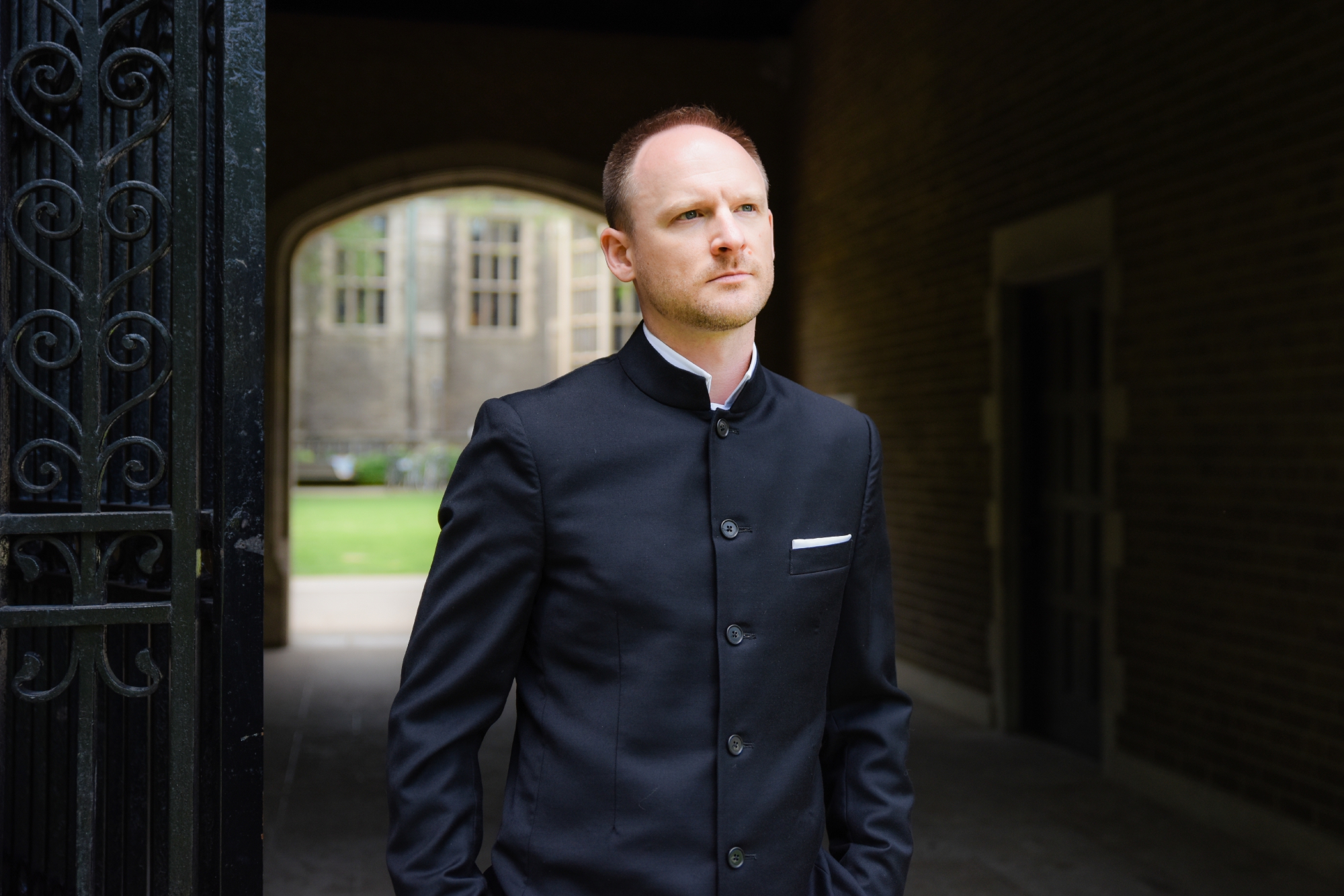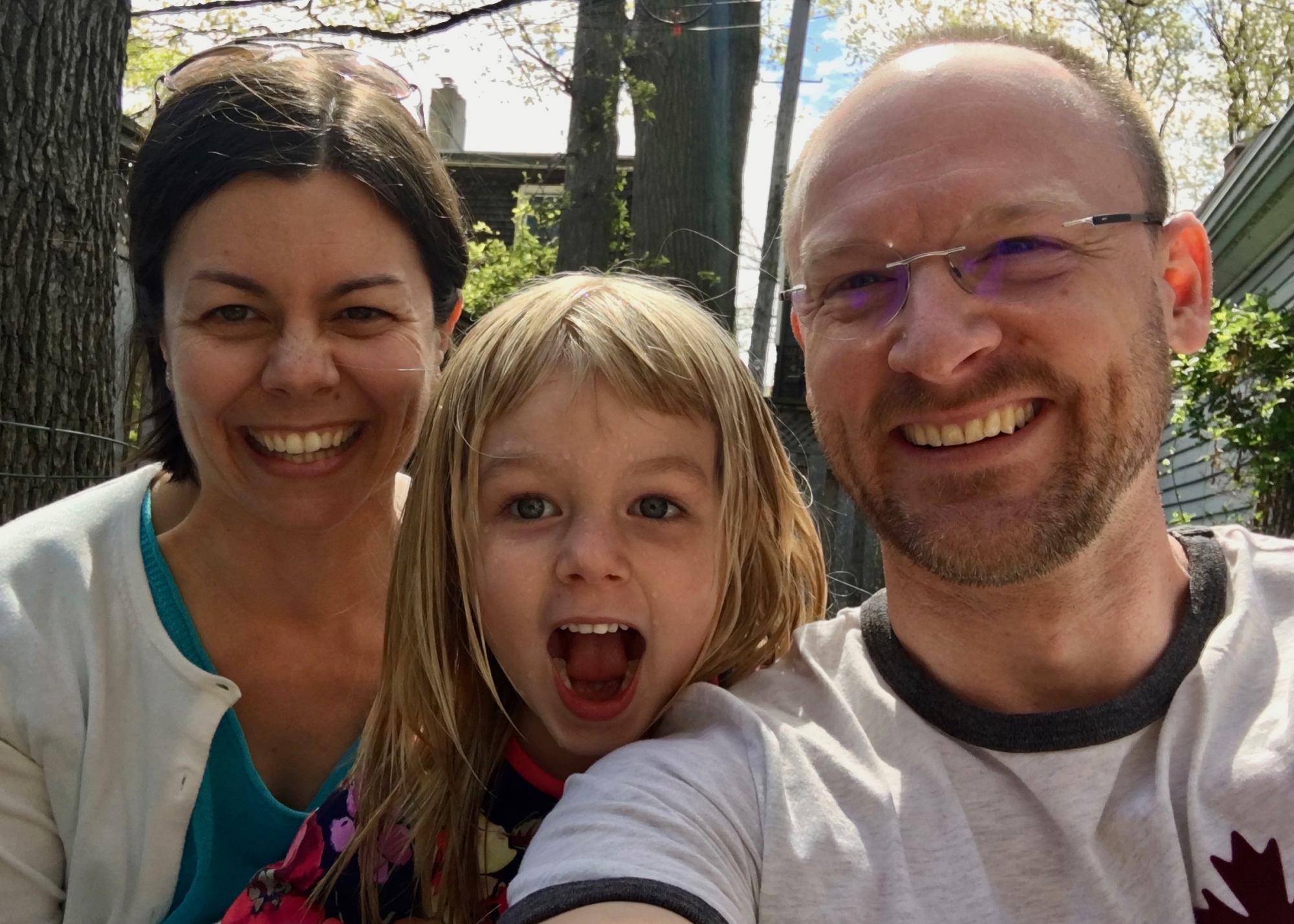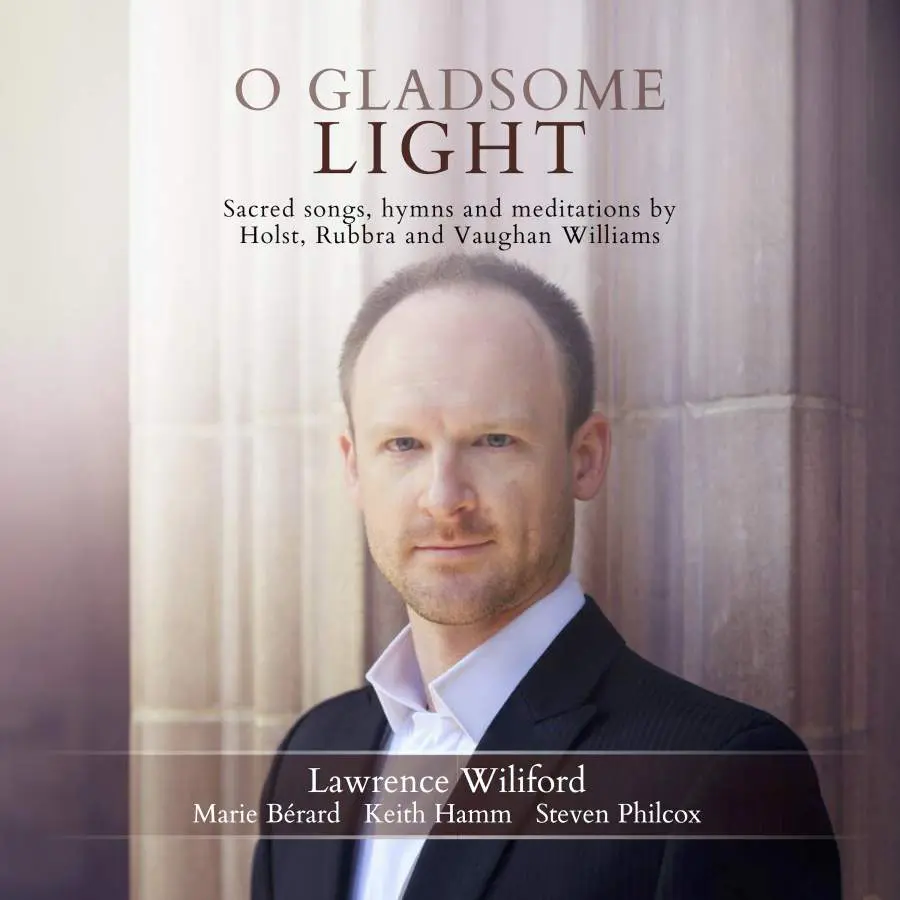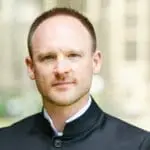Tenor Lawrence Wiliford takes on our Quarantine Questions, and responds with some sober truths about the opera and classical music industries, pre- and mid-pandemic.
Between mid-March and the present, how have you adjusted to this ‘new normal’?
“The beginning of March was already quite difficult for me, as my mother passed away unexpectedly at the tail end of February. I spent part of the first week of March with my father in Michigan and returned home to Toronto just before large numbers of infections began to be counted across North America. A few days later I was getting ready to head to Saskatoon for the JUNO awards and trying to figure out if I should cancel my contracts in the US immediately following. The day before heading to Saskatoon the JUNOS were called off and in the days after, a constant trickle of contract cancellations for the rest of the year began coming in.
“Over the past five years I have had to adjust some of the work that I sought due to the demands of being a father and having a spouse whose work generates the primary income for our household. Most of my performing is currently focused on concert and recital work; my last fully staged opera contract was two summers ago as part of the Aldeburgh Festival in England. As a result, my performance season largely lines up with holiday periods, when orchestras and large choral ensembles perform works with soloists. I was just getting into the meat of my 2020 year when COVID-19 shut our industry down. I lost all of my performance income for 2020 due to this and I am so very thankful that the Canadian government has made the CERB available to self-employed independent contractors like myself.
“My new normal is splitting each day with my wife, Dr. Katie Larson. She works in her home office while I teach and play with our almost five-year-old daughter Lyra. In the afternoon we switch so I can do some work before dinner. I am not really singing much… I am pretty tired after spending time reading, imaginary play, building and playing with Lego and various other activities dependent on the weather. When I do sing, it is with an eye toward some new projects that I am putting together and sometimes I pull out a favourite song score…”
Aside from your ability to work and perform, what do you miss most right now?
“I miss making music with my friends, colleagues and those who inspire me. This isn’t the same as work. Work is the job, learning notes, travelling, hotel, management, etc. The music is why I do the job and still do the job after years of trying to find the right balance between performing and the needs of my family.
“I miss having a pint with my colleagues after a performance! I miss hugging my friends… and I wish I could be with my family in the US to celebrate my mother’s life. I don’t know when that might happen…”
What is a prediction you have for the opera industry during and after this pandemic?
“I am going to steer my predictions more to the classical music industry at large.
“For several years we have witnessed programming by opera companies and orchestras in North America that is increasingly relying on a reduced number of the most popular works. Orchestras have an even smaller number of works with choir and soloists that statistically still draw an audience. We have been cannibalizing our repertoire in North America as organizations feel the need to program this repertoire closer and closer together, almost proving to our audience that we have nothing new to say… WHY?
“We have also seen an explosion of film scores being performed in concert halls with or without the film. These too are very popular (I was planning on going to the TSO’s performance of The Nightmare Before Christmas next season with my family, because Lyra LOVES this score!), but these works have come at the expense of programming choral masterpieces like Elijah or various Mass settings by Mozart, Haydn, Bach, etc., that employ soloists.
“I have long thought that the way to change this is to engage in new works that reflect our contemporary society while then showing how that relates to significant works of the past (I know this is easier said than done). But due to the pandemic, I fear that we are not going to see singing on these stages for a long time and the economic reality is going to emphasize smaller works. I also fear that many large organizations will become even more conservative in their artistic programming instead of using this moment to be bold.
“Even more broadly, I think there will be a complete industry shakeup going forward. We have already witnessed European and North American artist management agencies file for bankruptcy and close their doors. There are so many well-trained singers in North America alone thanks to a couple generations of wonderful artists who have gone on to teach. Orchestras and opera companies don’t feel the need to pay fees that only a decade ago were, in certain cases, double the amount, because singers are everywhere. Some arts organizations cap airfare for singers to travel to the point that we often must pay out of pocket in order to get an economy flight that is humane. Many opera companies use their (inexpensive) young artists to fill roles once used to build a relationship with an early to mid-career performer. And rarely are understudies hired by companies other than the largest houses.
“I could go on, but let’s just say that the industry has increasingly been putting an enormous burden on working performers. Whatever comes in the future, hopefully it will not be that. What it means for individual artists… I don’t know, but many will not make it to whatever comes next. The classical music industry has been on an unsustainable economic path for a while. As with many aspects in our pre-pandemic society, the current crisis has exposed significant deficiencies.”
How do you imagine your re-entry into full-time work will look?
“I don’t know that I will return to full-time work as a performer. Even before COVID-19 my performing had been reduced in part due to the need for me to be a present father and spouse. But there are VERY few North American based singers in mid-career who are now able to make a living by just performing. Yes, I said it. It is true!
“I will continue my work as co-Artistic Director of Canadian Art Song Project with pianist Steven Philcox and hope to tour a bit with him. We have several future recordings lined up that I will produce, and there are new commissions, etc… I would like to help figure out how the performing arts can be a part of the digital visual/audio media space. Classical music is so far behind in this. If we don’t truly explore this medium properly, we will lose the opportunity to introduce our art form to current and future generations.
“I love music and storytelling. I enjoy teaching and exploration. There is so much more music that could be performed and heard than is currently programmed. We need to figure out a way for artists to make a living as artists. We can do this in Canada, but it will take some work.”
Lawrence Wiliford















